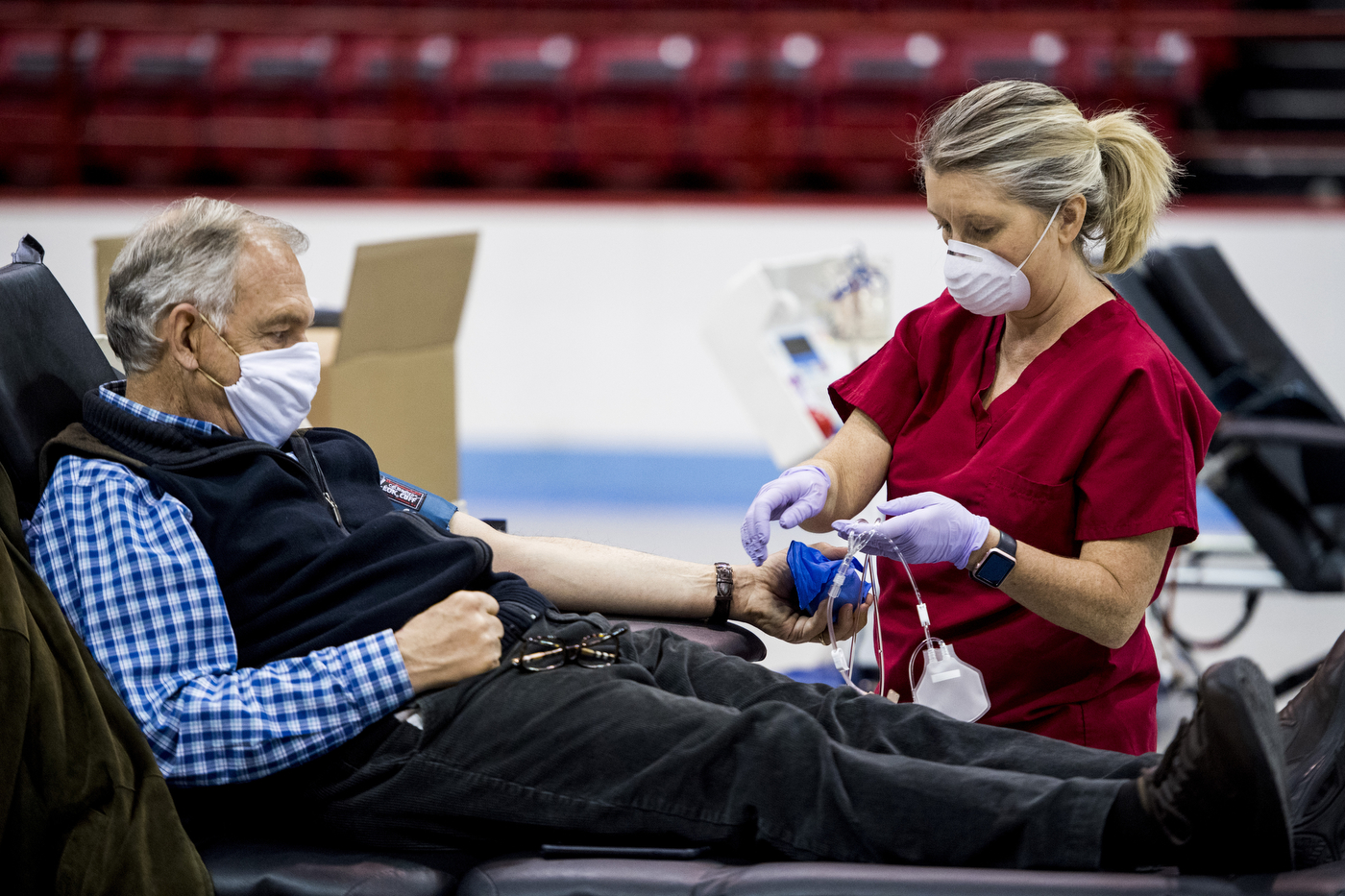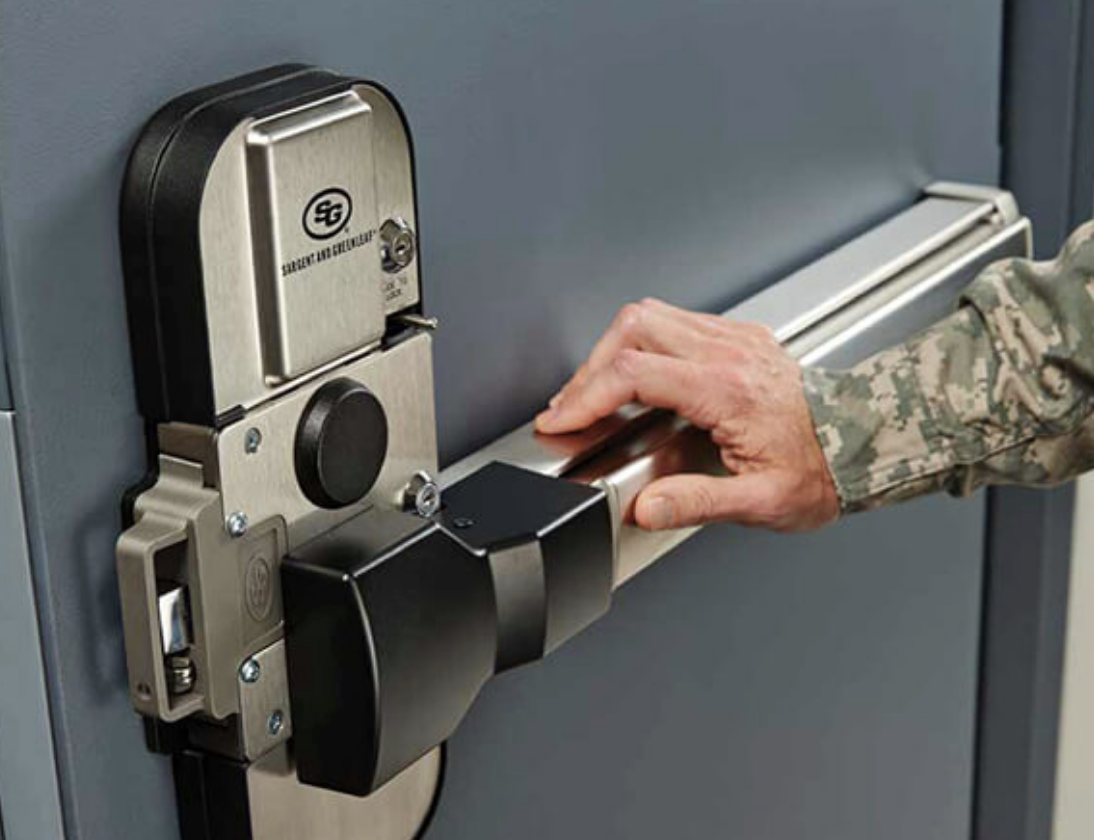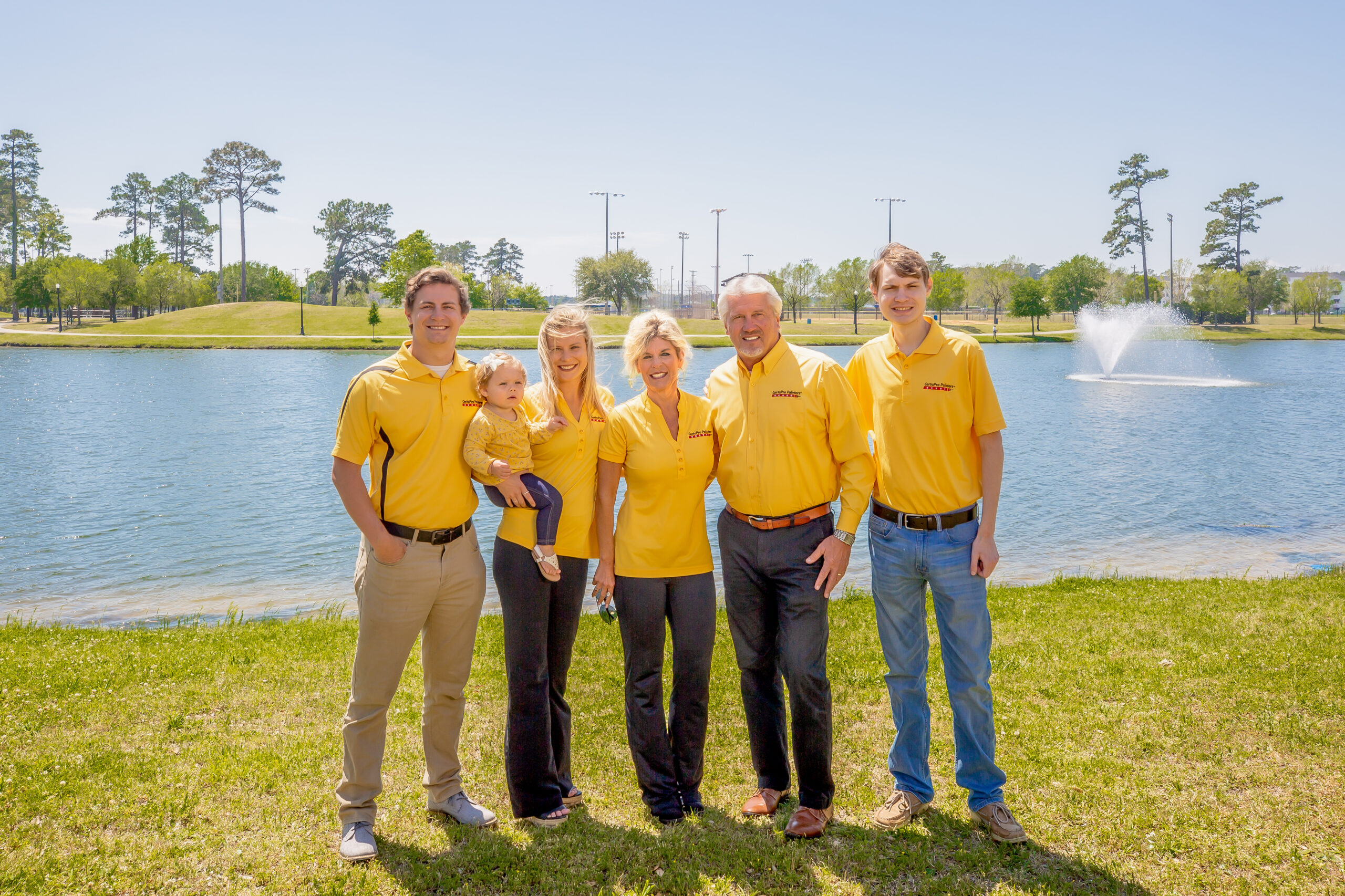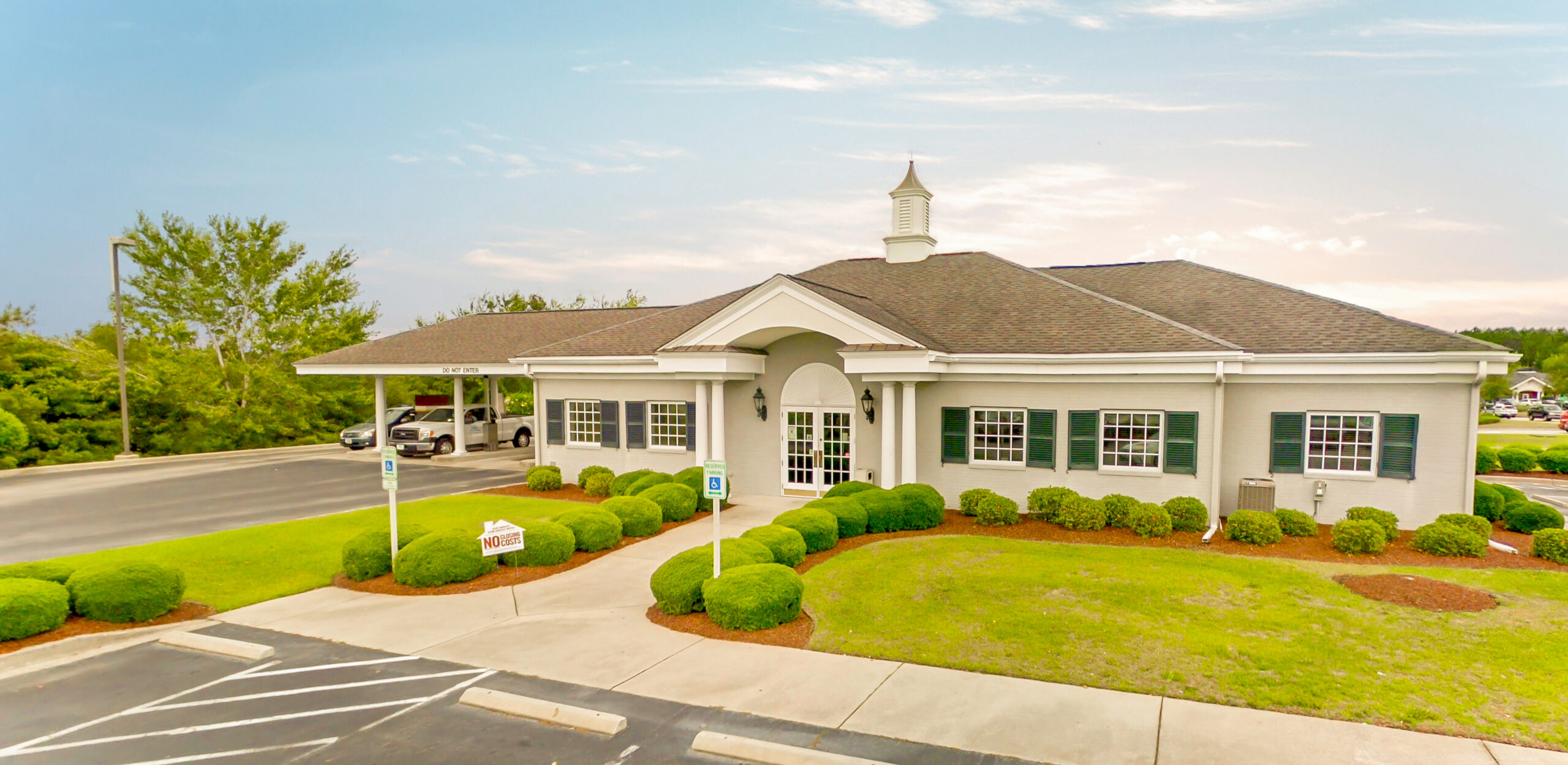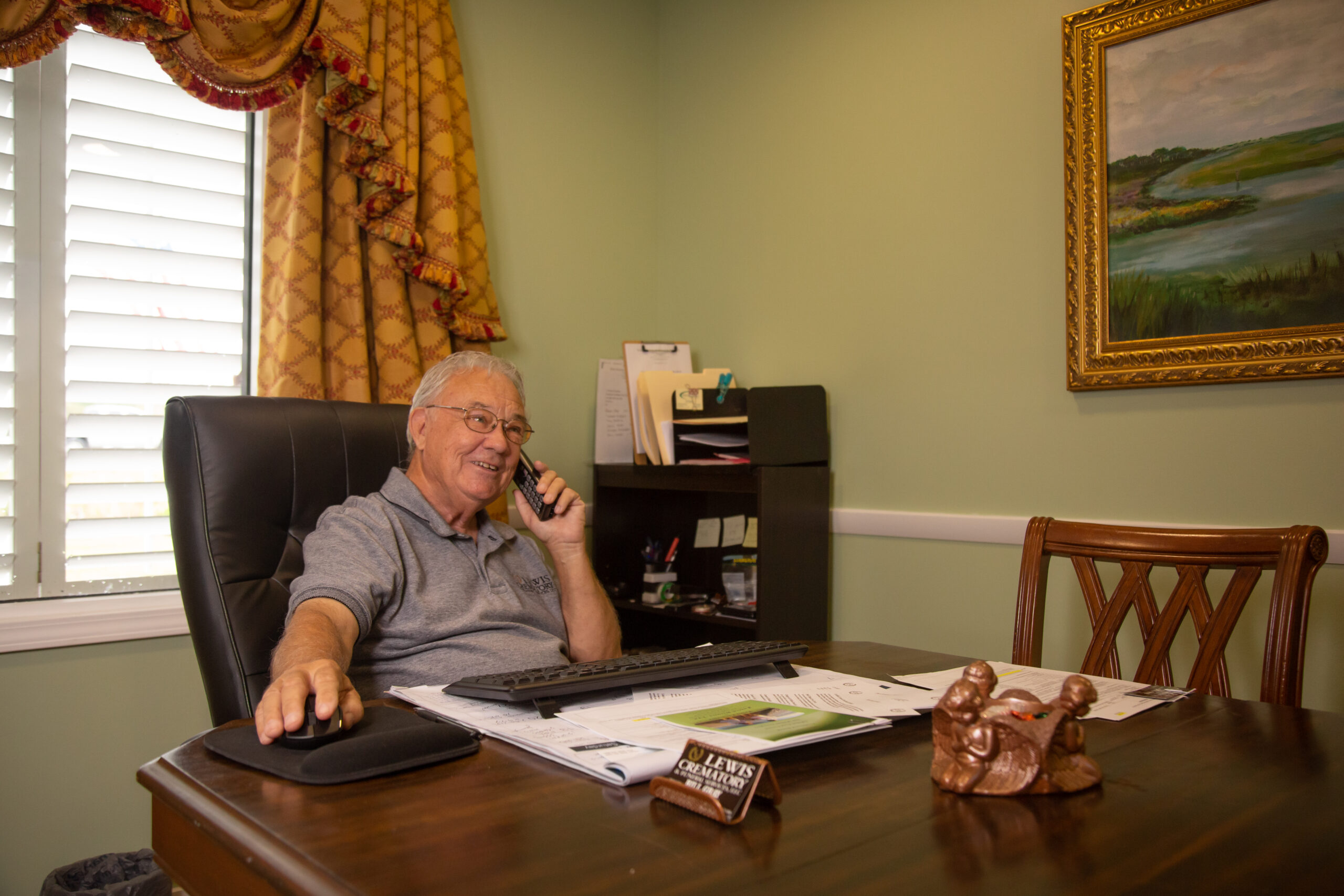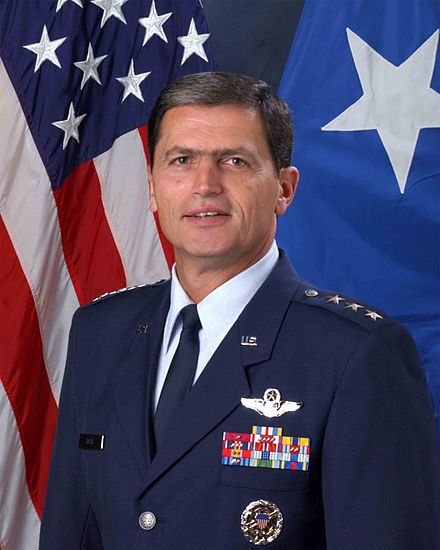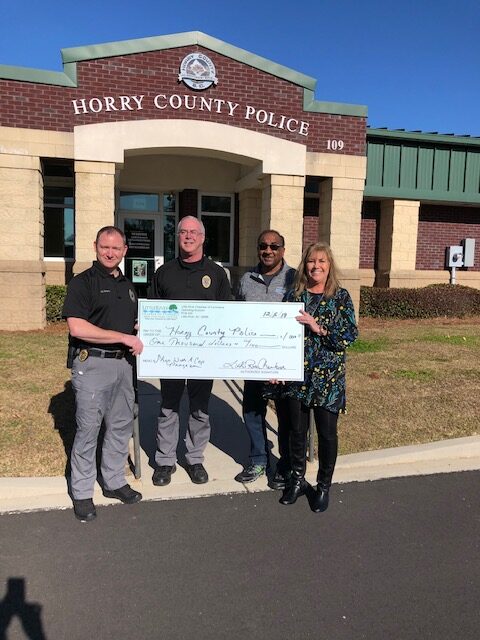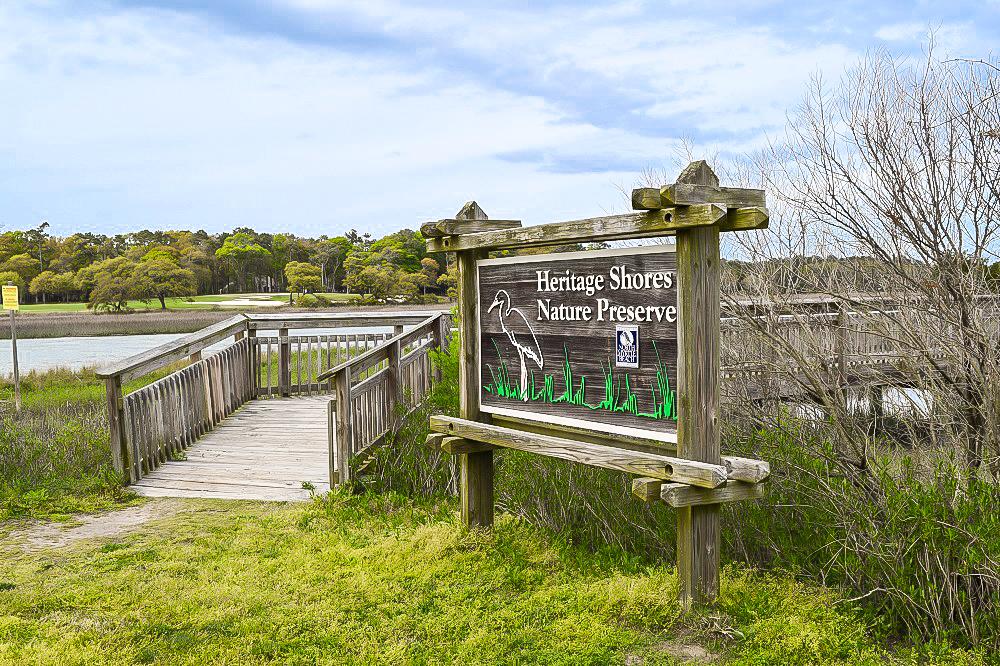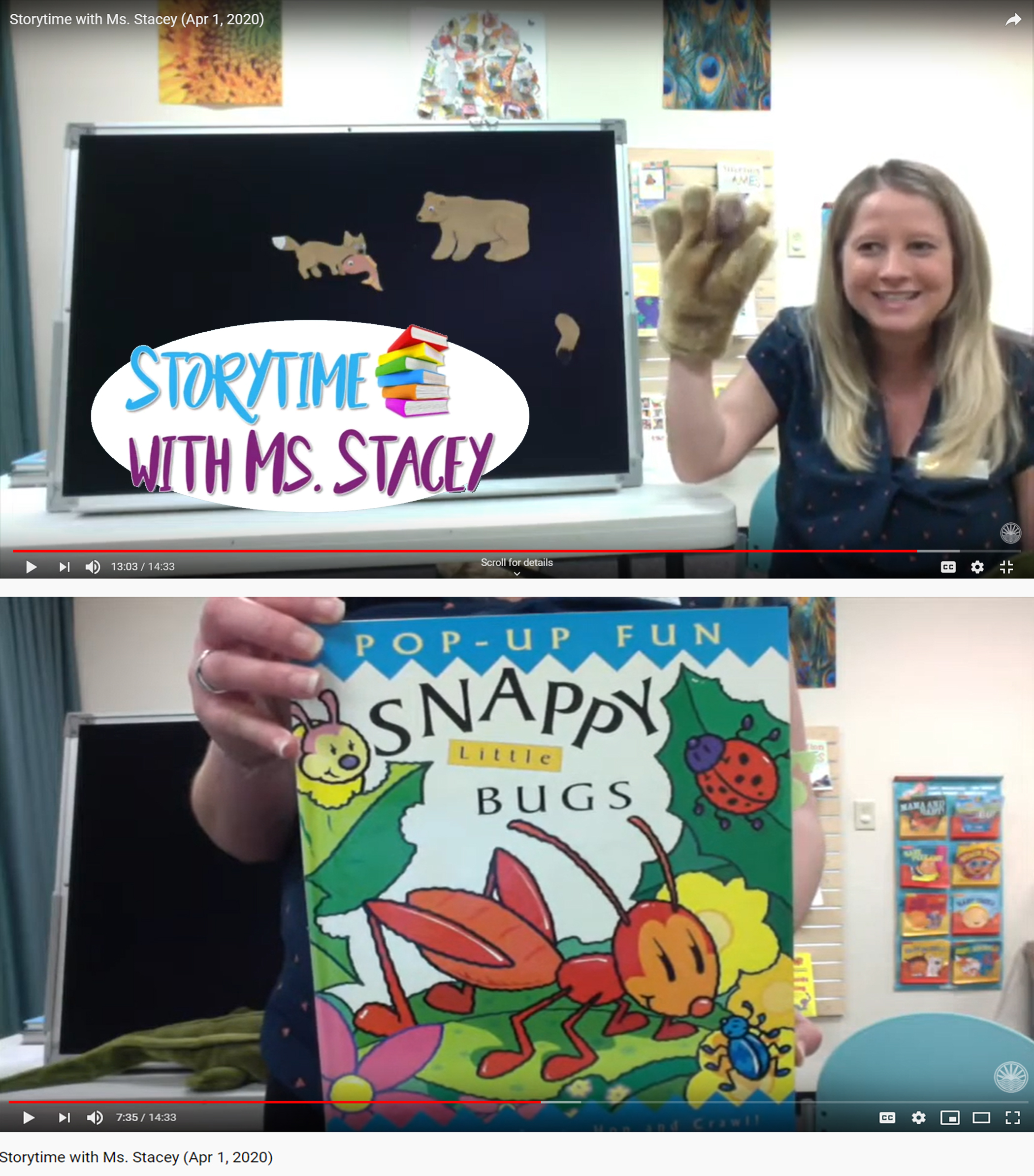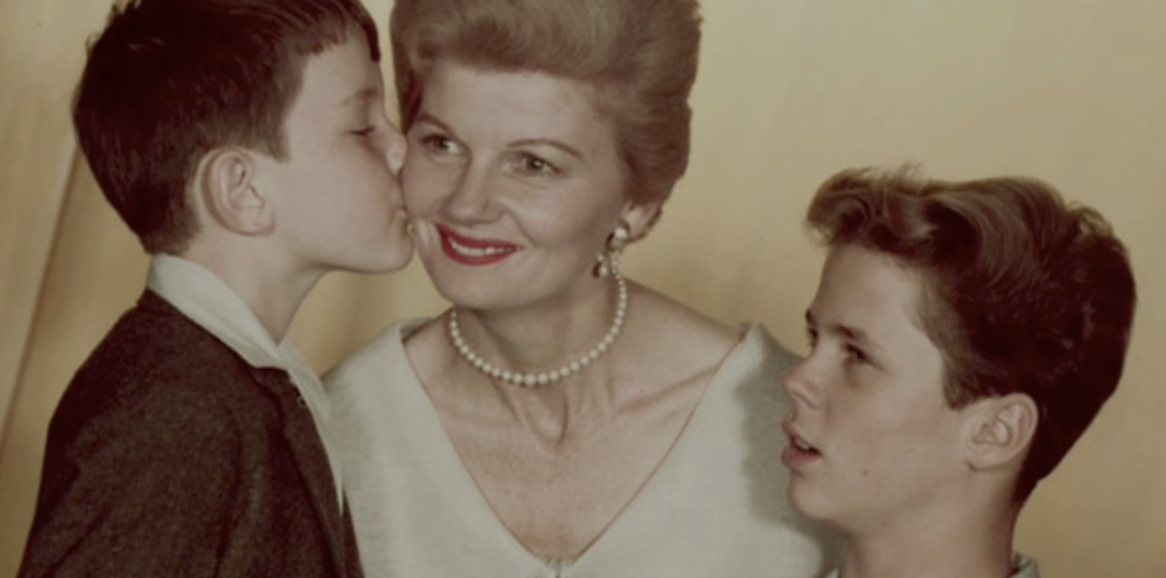American Red Cross and the Importance of Blood Donations
Make a Difference, Donate Blood by Melissa LaScaleia The American Red Cross provides life-saving blood to hospitals around the country every day of the year. But the ongoing presence of Covid-19 across the globe means that the typical places where the Red Cross holds blood drives— like schools, colleges, and offices— have been temporarily closed, canceling a majority of all blood drives. The blood collected at these drives is necessary for accident victims or those requiring surgery. Hospitals rely on the donations from the American Red Cross to continue serving and saving people. By the first week in April, more than 200 drives across South Carolina had been canceled or postponed. That equates to over 6200 units of blood. To put this number in perspective, each blood donation equates to roughly one unit of blood, which potentially helps save up to three people’s lives. “All of the drives were canceled at once, and it has a ripple effect of needed blood that will continue throughout the summer,” says Ben Williamson, director of communications for the American Red Cross of South Carolina.” The American Red Cross responded to the cancellations with urgent requests for blood donors as well as new locations from which they could host their mobile blood drives. Blood donation is classified as an essential service, and the American Red Cross is considered critical infrastructure. Hospital patients have to have blood. “A week or two ago, we put out a call to the media, businesses, our board members, and all the organizations that work with us, asking them for advertising and support,” Ben says. “Belin United Methodist Church, Waccamaw Community Hospital, Tanger Outlets, and the YMCA are just a few of the great partners that have responded, as well as other venues in Horry and Georgetown Counties. “We are in such a better place today than we were two weeks ago. The South Carolina community has stepped up in a huge way. People have come out to donate blood in such large numbers that we’ve been able to meet the critical need for blood. “But we need to follow this statement up with realism as well as a repetition of our request for your help— our need for blood is ongoing. Blood is perishable. It’s not something that we can put in a storage bank and take out when we need it. So, we constantly need blood from folks who can come and give.” “One of the challenges with blood donations is that we’re competing with the other things on people’s schedules,” he adds. “Right now, many people have more time on their hands, and we want them to remember that they can put that to good use by coming to donate. And because we are considered an essential service, donors have license to travel to give blood.” If you are healthy and eligible to donate blood, make an appointment by calling 1-800-REDCROSS or visit www.redcrossblood.org for a list of new blood donation locations near you. You can check your eligibility online by filling out their health screening questionnaire in advance. At this time, contacting the Red Cross via internet or phone is the best method of verifying a location to donate. Appointments are highly recommended both to ensure appropriate space is maintained between donors in keeping with CDC recommendations for social distancing, as well as to monitor how much blood is collected with how much is being distributed to hospitals. “We may not have a slot tomorrow or two days from now, but definitely in two or three weeks we will,” Ben says. “This will be an ongoing need in the ensuing weeks and months.” The Red Cross has implemented steps and procedures during the COVID-19 crisis to ensure the safety of all volunteers and donors. “Medical personnel right up to the Surgeon General consider donating blood safe,” Amy Brauner, executive director of American Red Cross, says. “There have been no cases of this virus, nor any respiratory virus, being transmitted through blood, and this has been verified again and again. The American Red Cross is dedicated to procuring life-saving blood, just as they are to protecting all donors and volunteers. Above, a list of the protocols they are following to keep everyone as safe as possible. “Should the donor develop any symptoms or diagnosis in the ensuing days afterwards, they contact Red Cross, and that blood donation is isolated, quarantined, and disposed of. This isn’t necessary, but it is out of abundance of caution.” “We are also screening donors when they arrive,” she adds. “Volunteers wearing masks take their temperature before they enter the facility. We are staggering appointments to follow social distancing guidelines. Volunteers are disinfecting before, during and after each donor gives. And donors are given hand sanitizer before, during, and after the donation.” All blood donors receive a number that links them with their blood donation. The donor is able to track their donation in their Red Cross mobile app, and follow their donation’s journey to see where it went. It may go to a multitude of places, including across the country– wherever the need is the greatest. “It’s been humbling to see the response of people stepping up and giving back, as folks deal with this and the impact it is having on their own families and jobs,” Ben says. “When our hospitals were letting us know that there was an urgent need for blood, we were overwhelmed by the support we received. People spread the word on the radio and through advertisers. And there were a large amount of people who showed up everyday to roll up their sleeves, to make sure that there was blood on the shelves so hospitals could be prepared to help everyone in need. We hope that this support continues. Executive director for the American Red Cross, Amy Brauner (left), and biomedical account manager, Meggin Heath (right), welcome donors at local neighborhood blood drives. “Our community is known for helping one another through major disasters. Helping … Read more

